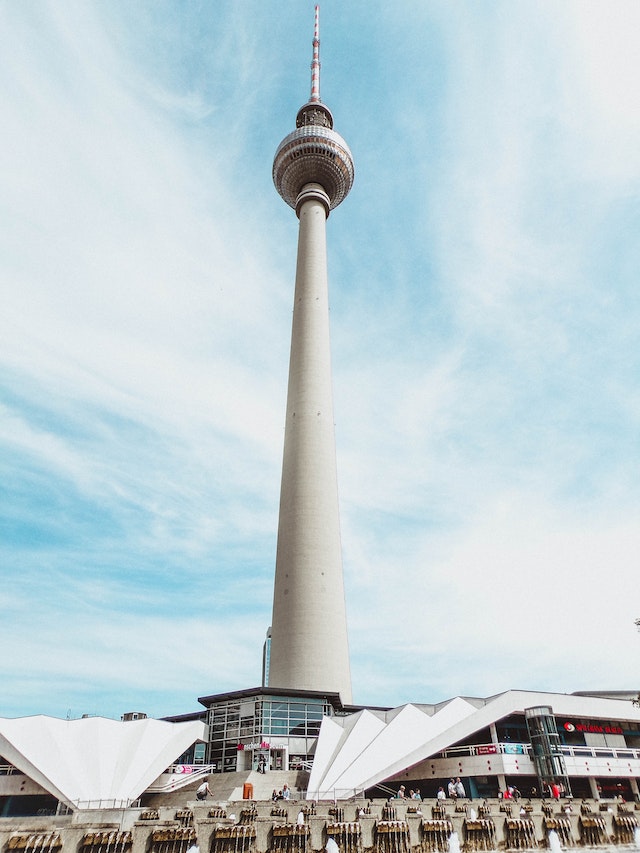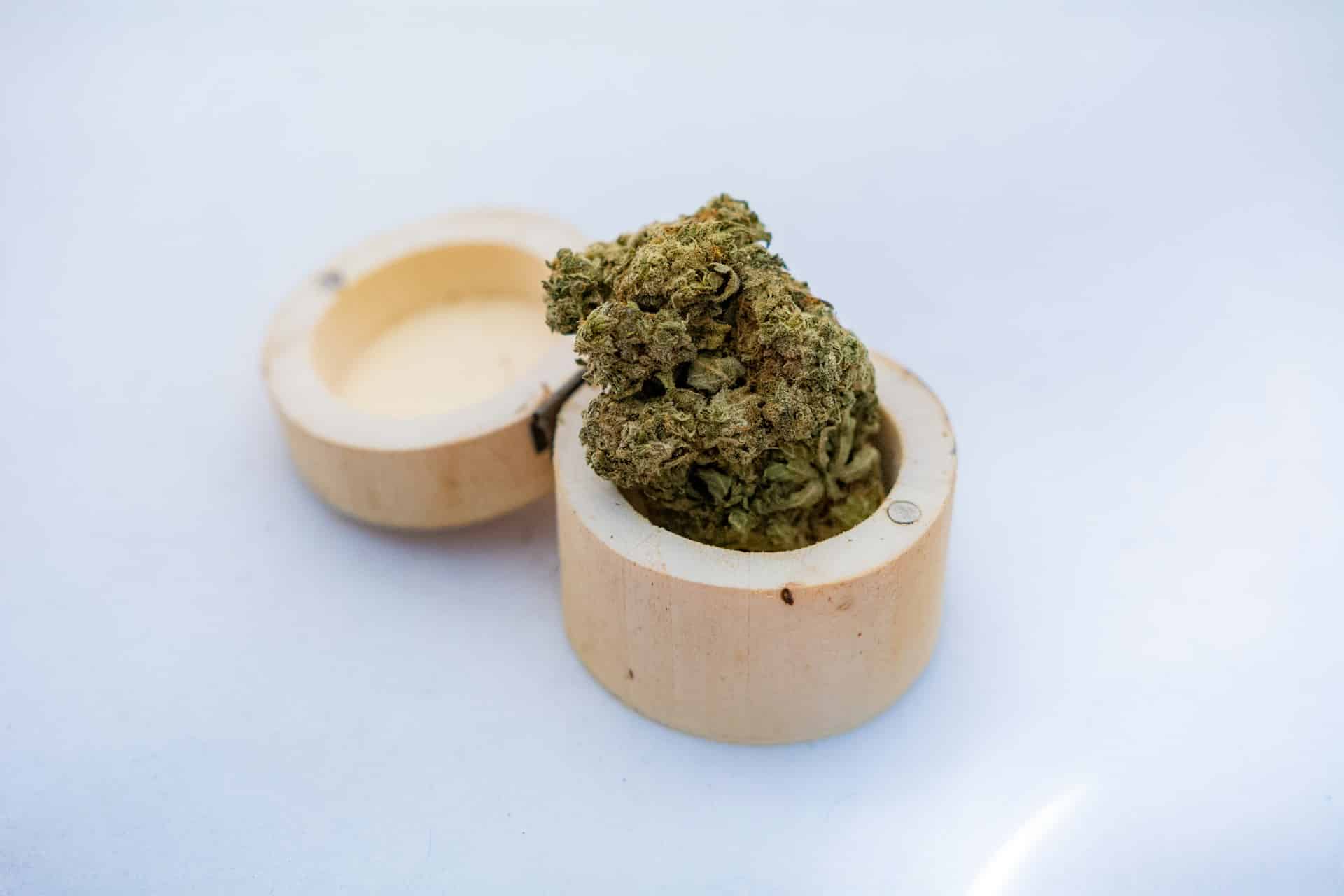Germany moves ahead with cannabis bill
Berlin has confirmed its intention to speed up the cannabis issue. Indeed,Germany wants to implement its draft law, and to do so, it needs to be perfectly packaged. A first draft, signed by the Ministry of Health, was presented a few days ago. We take a look at this news, which could eventually have repercussions in France.
Germany moves ahead on cannabis
What does the German cannabis law promise?
A law for what purpose?
When is Germany's cannabis law due?
A German law with repercussions for France?
Our conclusion on the subject

Germany makes progress on cannabis
Germany is making rapid progress on its bill to legalize cannabis consumption on its territory. On July 6, Germany's Minister of Health, Karl Lauterbach, presented the very first official version of this forthcoming project. The aim is twofold:
- Fighting crime;
- Prevent the development of black markets and parallel economies.
Naturally, the idea is also to educate and support consumers, in particular by presenting them with preventive measures (especially for young people, who are more likely to discover cannabis).
What does Germany's cannabis law promise?
For the moment, the contours of Germany's cannabis legalization law are still a little vague. Indeed, it's an evolving law. At this stage, however, it would appear that Minister Lauterbach 's proposal could authorize adults (people aged 18 or over) to grow up to 3 plants of cannabis for personal use.
On the other hand, the law stipulates that it would be forbidden to use this cannabis to create hash. In addition, Cannabis Clubs, based on the Maltese or American model, for example, could be set up under the name of "Cannabis Shop". A model that would also be closer to the Dutch model.
Cannabis Clubs will have an operating license valid for 7 years. This may be extended after 5 years. To avoid excessive staff turnover, staff working on site will also be required to sign a minimum two-month contract.
A law for what purpose?
But why such a law at all? Why does Germany want to move forward so quickly on issues relating to hemp and cannabis? It all stems from recent observations by the authorities. Today, the facts are clear: cannabis consumption is constantly on the rise, particularly among the youngest members of the population.
So, rather than prohibiting and penalizing, Berlin wants to introduce a law that aims to support, protect and educate young people. This will involve a great deal of prevention, the establishment of a legal market to provide access to quality products and, above all, greater protection for children.
The law also aims to empower consumers, by allowing cultivation for personal use or non-commercial community cultivation. In addition to this indication, the German law also aims to promote quality products, in order to limit the risks of toxicity. In short, it's almost a complete package of support from the authorities.
When is Germany's cannabis law due?

Here again, it's hard to say! The German government is doing all it can to push the project forward, and has even announced a "pilot program". This pilot program has been sent to the European Commission for examination and possible adoption. The ultimate aim is to develop the cannabis industry in Europe, establishing Germany as a pioneer in the field.
However, the European Commission has urged the German authorities to exercise restraint and to move forward a little more slowly than is currently the case. The idea, in fact, is not to create too great a gulf between states.
Berlin, for its part, justifies its position, pointing out that this pilot program will make it possible to assess consumption trends and, above all, to determine over the next 5 years (the total duration of the program) whether or not it is worth making further progress on this issue.
A German law with repercussions for France?
For the time being, it's far too early to say whether or not this German law, or at least this bill, will have any repercussions within our borders. At the moment, Paris doesn't seem at all inclined to take a position on the subject, especially as the question of cannabis for therapeutic use is far, if not very far, from being settled.
What's more, France seems ready to controlaccess to CBD. As a result, it's hard to imagine German legislation having any repercussions in France. On the other hand, if things change and evolve at European level, it's quite possible that the rather "hard" line advocated by our country will evolve.
At this point, it should be remembered that THC and cannabis-derived products containing more than 0.3% THC (tetrahydrocannabinol, the active molecule in the cannabis plant) are considered narcotics.
Possession, use or sale can result in severe penalties, such as a fine or lengthy prison sentence. Recreational use of this drug can cost you dearly. The same applies to medical use, regardless of the quantity consumed.
Our conclusion on the subject
At Le Grossiste du CBD, we see this as a major step forward in cannabis-related issues. The German example could, in time, have important repercussions on certain European countries which were considering the legalization of cannabis, but were still hesitant...
Provided, of course, that things evolve in the right direction for the German authorities and that the efforts undertaken bear fruit. The next few months and years promise to be interesting, and we'll be keeping a close eye on them!










